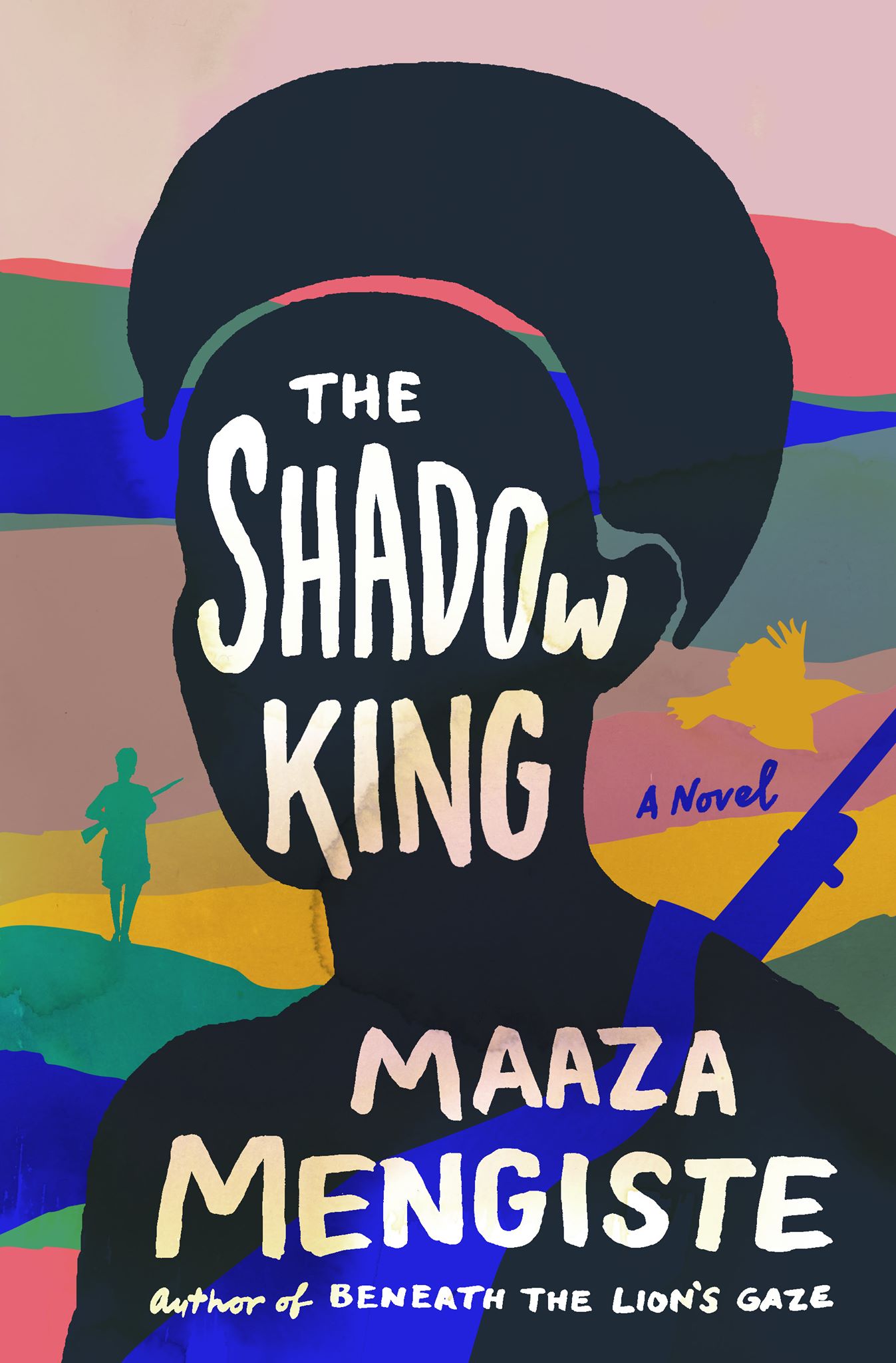
W.W. Norton & Company, 2019
__
REVIEW BY JOHN KAZANJIAN
With The Shadow King, Maaza Mengiste presents a complex story that examines the effects of colonialism on the national, social, and the individual level. Mengiste uses war’s ability to untether people from their ethos in order to provide her multi-dimensional critique. The rich themes are balanced by the pacing and the powerful prose. Mengiste compels the reader to turn pages eagerly in search of reprieves from the intensity—reprieves which rarely come.
The story’s protagonist, Hirute, is a young woman whose prized possession is her grandfather’s rifle. But when her fellow Ethiopians are called on to fight Mussolini’s fascist Italian Army, it is unceremoniously taken from her. It’s from this point that Mengiste begins her war story. However, it is one not limited to military conflict. Brutal violence and the struggle for sovereignty occurs on the battlefield, in the home, and within the body.
Hirute experiences the full horrific spectrum of colonization, both in terms of her country and her bodily autonomy. She serves Kidane and Aster, a couple who exercises full domain over her. After Kidane, an officer in the Ethiopian Army, takes her rifle, he brings her along on the battlefield and rapes her each chance that he gets. Aster, who dreams of fighting alongside the men, trains her to be a soldier, and when the opportunity is presented, Hirute also fights the Italians. The novel follows the unrelenting destruction of her identity until she redefines it as a soldier with only her country in mind.
Mengiste enhances the discussion of entitlement by presenting the second Italo-Ethiopian War in a dialectical fashion. She neither romanticizes nor fully condemns any character on each side of the conflict. Rather, she humanizes them and demonstrates their behaviors as results of predilections and pathologies. Every character is shown to suffer.
This is particularly apparent with the Italian photographer Ettore. He is serving his fascist army by documenting the war. When he joined the military, he sought to define himself with a sense of honor. But he has quickly become disillusioned from snapping the shutter before Ethiopians who are lynched or thrown off of the cliff by the prison camp. Moreover, he is Jewish and anticipates the betrayal of his fascist country. Ettore is the eye that witnesses the truth behind the propaganda of the photographs that he takes. The suffering around him conquers his spirit, and he frantically looks for sanctuary in the letters of his parents.
Hirute and Ettore eventually meet on opposite sides of the prison camp’s fence where her body appears before his camera. This encounter untethers Ettore from his nationalistic identity. When he leaves, he buries his letters and his family’s secrets, entrusting their location to Hirute. This solidifies their connection throughout the years. And it is at this later point in the story, in 1974, that the book opens as Hirute travels to meet him with his letters in tow.
Mengiste bookends her story with Hirute 39 years older and intersperses descriptions of photographs and songs to reframe the action from the gaze of the future. This generates a collage effect and exemplifies the elusive nature of memory. Adding to this effect is the fact that the sections are short, often leaving the characters abruptly and in danger or without a sense of closure. Withholding information like this also mimics the vast emotionality and the limited information of a photograph. The result is a somewhat epic feel but requires the reader to shift suddenly in plot and mood. It successfully portrays the exhausting pace of war and oppression’s relentless suffering. The reader’s heart breaks perpetually throughout the book.
However, the pacing and structure do prevent access to interiority. We must interpret characters through their actions, histories, and dialogues. Hirute is a tragic figure, yet her transformation leaves a great deal of room for speculation. Her own evolving perspective feels absent. Eventually, she finds love with a soldier named Aklilu, whose only bond with her seems to be that he shows romantic interest. The reader is left wondering why she has chosen Aklilu and how, with all that has happened to her, she is able to trust someone else.
But perhaps this is the intention. History often mythologizes stories, and there is a barrier of access to the humanity of the people involved. What we lose in photographs and letters is incalculable. Mengiste very well may be petitioning us to consider the lives of these people as we would any other figure in history, investigating the clues, but never reaching certainty with a story that belongs to someone else.
—
JOHN KAZANJIAN is a New York-based writer. His fiction and reviews have appeared in JMWW and The New School Creative Writing Blog. He is currently an MFA candidate at The New School. Find him on Twitter: @johnkazanjian.
![[PANK]](https://pankmagazine.com/wp-content/themes/pank/assets/images/pank-logo-large.png)
